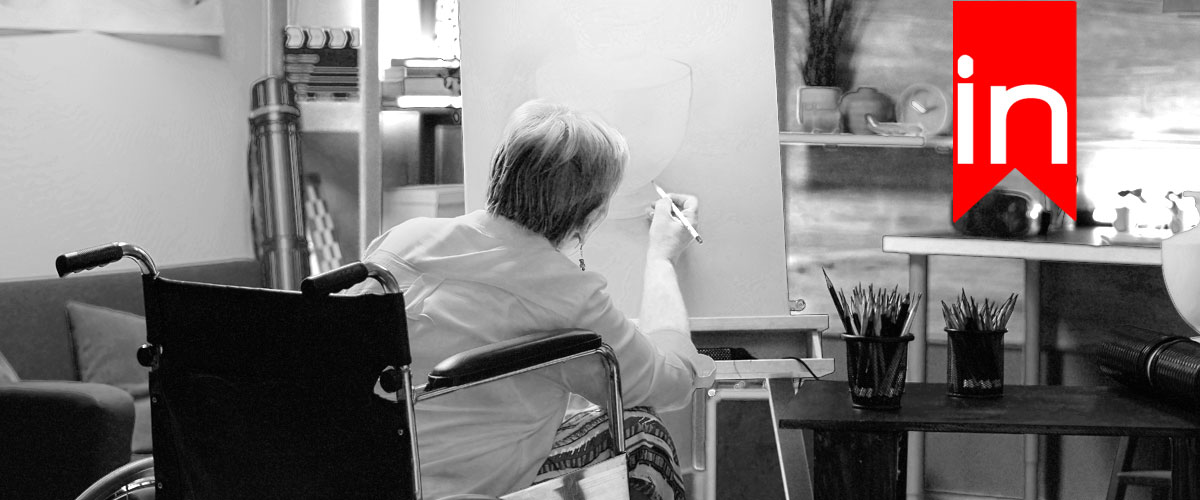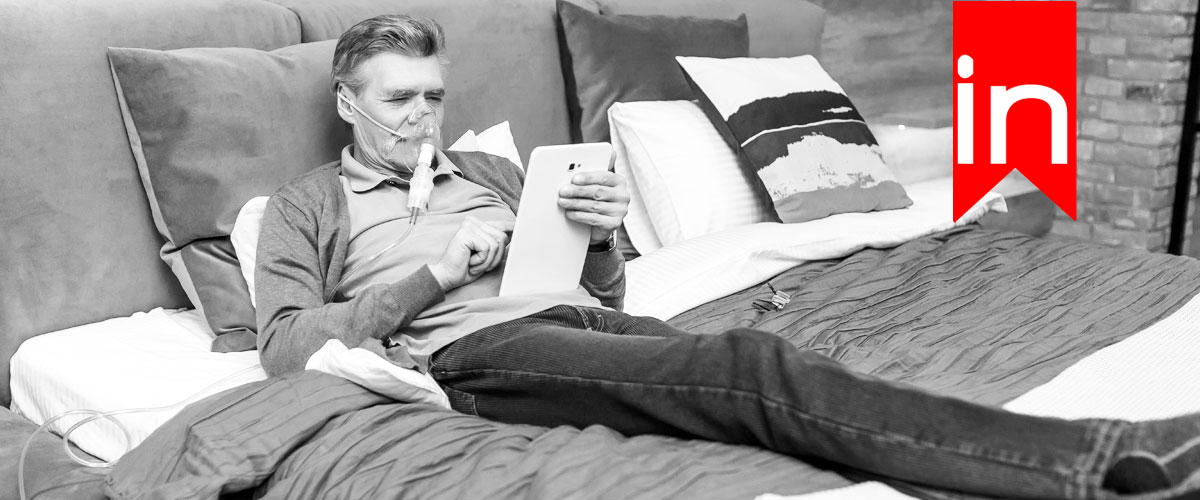A pacemaker is a small device that helps your heart beat at a more regular rhythm and pace. Hence the name. This device works by using batteries to send electric signals to your heart when it starts to beat too fast, slow, or irregularly. The electric signals are sent from a battery pack clipped on a belt, to the device that’s implanted underneath the skin, and finally through tiny wires that go directly into the heart. You won’t be able to feel any of it as it tracks your heart rate. Now, let’s say that you want to get a medical alert system while having a pacemaker device, how will that work?
Highlights
- Most medical alert systems, including popular brands like Galaxy Medical Alert System, Telus Health, and Medical Guardian, do not interfere with pacemakers.
- Potential sources of interference with pacemakers include metal detectors, microwaves, and cell phones; caution is advised with cell phone placement relative to the pacemaker.
- Some pacemakers feature built-in alarms to notify users of necessary maintenance; medical alert systems can complement pacemakers by ensuring timely medical assistance.
Do Medical Alert Systems Interfere With Pacemakers?
Most of the time, the medical alert system will not interact or interfere with your pacemaker. In fact, many people with pacemakers may get a medical alert system to ensure that if something goes wrong with their pacemaker, they will be able to have instant help and service for them at all times. Some popular medical alert systems that people may choose include Galaxy Medical Alert System, Telus Health, and Medical Guardian. These companies all offer at-home and on-the-go medical alert systems where many of them have available fall detection and help button options. With these medical alert companies and possibly any others, make sure to double-check and alert them about you having a pacemaker just in case they do have a system where it may cause interference with it.
What Can Interfere With A Pacemaker?
Since many medical alert systems can’t interfere with your pacemaker, there are still several systems or other machinery that can. For example, metal detectors, electric generators, microwaves, cell phones, and medical machinery such as an MRI can cause interference with your pacemaker. Although, cell phones could still possibly be used, as long as they are used with caution, and you are aware which side your pacemaker is located on your body so when you happen to make a call or send a text, you know to hold the phone on the opposite side of your body and never store it in a shirt pocket on your chest where the device is.
Do Pacemakers Have Alarms?
Yes, some pacemakers have alarms built into the device. The alarms alert you to call your doctor because it means that they need to check something on your pacemaker. For instance, a doctor may need to change a battery or there is some other technical issue. If your pacemaker has an alarm, your doctor will tell you what it may sound or feel like in order to make sure that you respond quickly and don’t panic.
Does Insurance Pay For Medical Alert Systems?
Depending on what medical alert system or what insurance company you may have, you might be able to get a free system, or have it covered by your insurance. It’s always a good idea to call them first before you make payments on something else.
Final Thoughts
All in all, pacemakers and medical alert systems can both be used at the same time without causing problems or issues. Most systems don’t interfere with a pacemaker signal and will be able to be used together in a way to protect you from potential issues from the pacemaker in the first place. Make sure to be aware of what other electric items or appliances are around you when you have your pacemaker, and always make sure to consult with your doctor about any problems that may occur. But remember, medical alert systems will be extremely helpful to you if you are concerned in any way about your well-being with a pacemaker.
The opinions expressed in this publication are those of the author(s) and they do not purport to reflect the opinions or views of the providers being reviewed. The providers and SeniorsBulletin assume no responsibility or liability for any errors or omissions in the content of this site. The information contained in this site is provided on an “as is” basis with no guarantees of completeness, accuracy, usefulness or timeliness and without any warranties of any kind whatsoever, express or implied.

Art Therapy For Seniors
Art therapy is a form of therapy that uses the creative process of making art to improve a person’s physical, mental, and emotional well-being. Art therapy is a therapeutic technique in which art materials are used to express emotions, reduce stress, increase self esteem and improve cognitive functioning. Highlights Art

Breathe Easy With Oxygen Concentrator In Canada
An oxygen concentrator is a medical device that is used to give you extra oxygen. If you have a health condition, it may be prescribed by a doctor. Common health conditions that can require the support of oxygen concentrators would be: asthma the flu lung cancer COPD COVID-19 There are
